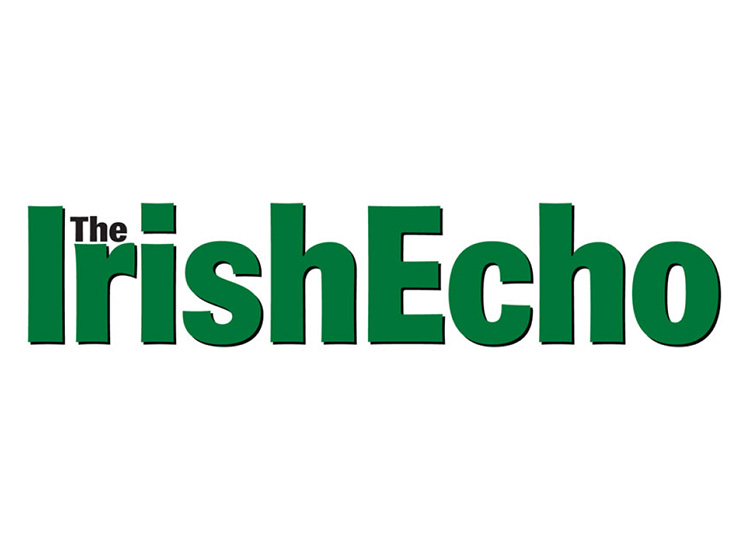With the relatively low key pomp and flourish that one should expect of a republic, Michael D. Higgins was sworn in as ninth president of Ireland last week.
With a seven year term ahead of him, Higgins, who has clearly demonstrated a deep historical appreciation of the office he now holds, will be the republic's constitutional head-of-state in the years running up to the 100th anniversary of its fiery birth in 1916.
The new president seems to be under no illusions with regards to the uncertainty that will be manifest during these seven years.
He stated in his inaugural speech: "As your president, I am grateful for the extent of the support, the strong mandate, you have given me. I also realize the challenges that I face, that we face together, in closing a chapter that has left us fragile as an economy, but most of all wounded as a society, with unacceptable levels of unemployment, mortgage insecurity, collapsing property values and many broken expectations. During my campaign for the presidency, I encountered that pain particularly among the most vulnerable of our people."
But as subsequently pointed out by political columnists, including Bruce Arnold in the Irish Independent, the Irish president really doesn't have a mandate in the generally accepted political definition of the term.
Wrote Arnold: "We remain in dire circumstances, without effective sovereignty, bewildered over what we can or should do about the most vital crisis facing us, over our currency, our livelihoods and our position in Europe, and we know that the best contribution possible for the new president has to be modest since he does not have the power to deliver more than a small percentage of what he has offered. We all need to face that reality."
This was a timely reminder that despite all the argument and debate during the presidential campaign, the ballyhoo and overt politicking that comes with electing an Irish president has to be quickly stowed once that president has been elected.
As president, Michael D. Higgins will be free to speak his mind, but he won't always be free to implement what his mind tells him what is the right or better thing to do.
That said, Higgins is an experienced parliamentarian, one who is well versed in the limitations and strictures that surround his new office. And he would seem to be especially well equipped to use his new office to the maximum effect when it comes to reflecting the concerns of the Irish people, may of whom he is going to be meeting personally as he goes about his work.
Not all of these people are living within the confines of the republic. It was notable that the new president crossed the border just a couple of days into his term, that being on a visit to Derry.
But again, it has to be noted that this was not entirely the new president's doing, though he no doubt took personal satisfaction at being able to greet the people of that city, many of them passport-carrying Irish citizens who had been unable to vote for him.
The Derry visit was a government mandated decision, just as all of the new president's official visits will be in the coming years. Be that as it may, it is to be hoped that Higgins the office holder does not completely shed the characteristics of Higgins the candidate.
In that role, Higgins rightly reflected the aspirations and the fears of people who are facing into a most uncertain future, but also their desire to have a meaningful role in shaping the future.
Again, as he said in his inaugural address: "In implementing the mandate you have given me, I will seek to achieve an inclusive citizenship where every citizen participates and everyone is treated with respect. I will highlight and support initiatives for inclusion across Ireland and also make it a priority to visit and to support the participation of the most excluded in our society, including those in institutional care."
Once more the use of the word "mandate."
But while the president's raw political power might be strictly limited, there is no limit on his ability, and by his own words his willingness, to use his office to the full extent that the office allows to encourage, embolden and yes, even empower, those who voted for him, and those who didn't, to strive for an Ireland that offers a viable and hopeful future for all who call the island home.
In this sense, Michael D. Higgins does indeed have a mandate. We hope he employs it well.










